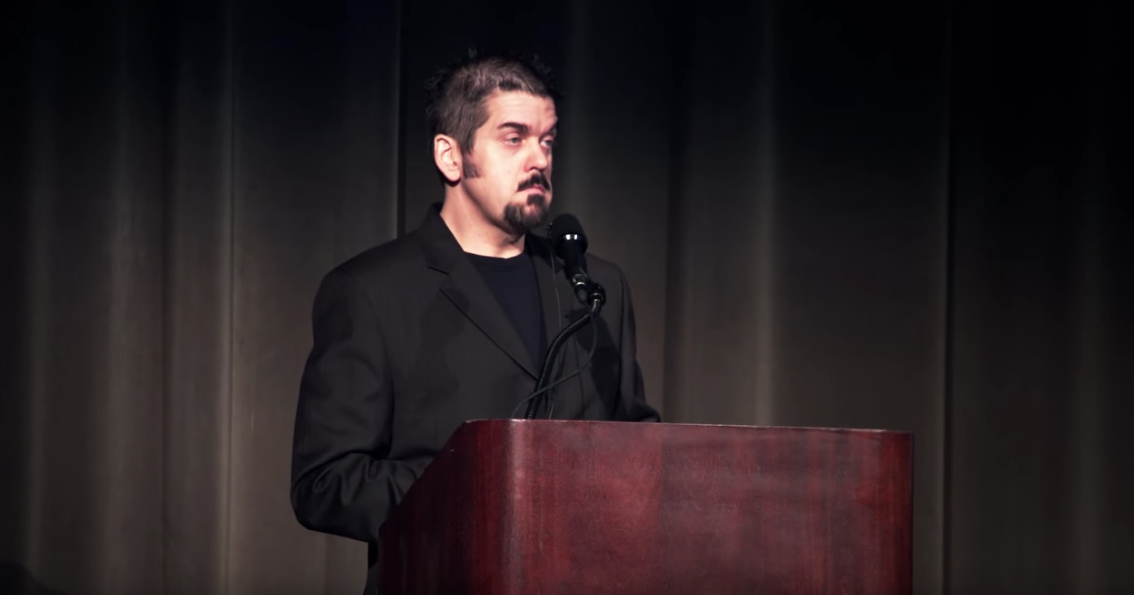
The Freedom From Religion Foundation is rebutting a flood of false information from members of Congress who are opposing a secular-humanist chaplain recently recommended for approval by the Navy.
Recent letters from House members and senators to high-ranking Navy officials propagate many untruths in objecting to Jason Heap being recommended as the Navy’s first secular-humanist chaplain.
The March 9 letter from House representatives begins with the faulty assumption that the existing chaplain corps is capable of serving “all members of our armed forces without regard to religious preference or belief.” But the reality is that the current makeup of the chaplaincy is overwhelmingly Christian, with 97 percent of all military chaplains, as of 2012, belonging to this particular religion. These numbers contrast starkly with the religious composition of the military: Fully 33 percent of all military members do not identify as Christian, and 24 percent are nonreligious. Christian chaplains are often not qualified or willing to meet the needs of this significant, growing portion of the military population. And nontheistic military members want an alternative.
The Navy is right not to ignore its rank and file’s pressing need for a more diverse chaplaincy.
Members of Congress signing the letters also mischaracterize the very nature of humanism. A main premise of both letters, for instance, is that military chaplaincies are designed to facilitate the exercise of “religious” beliefs and it would therefore be a departure from that goal to allow a humanist chaplain to join the ranks.
But courts have long recognized that humanism receives the same constitutional protections as any religion. Nontheistic belief systems, such as humanism and Unitarian Universalism, are protected by the Constitution to the same extent as monotheistic belief systems and polytheistic belief systems. Both letters suggest otherwise, stating, “nonreligious beliefs . . . may not rely on the Religion Clauses for protection.” This is flat-out wrong, FFRF states.
“The Supreme Court definitively established that belief in a god or gods is not required to be protected by the Constitution’s Religion Clauses when the court held that government must not ‘aid those religions based on a belief in the existence of God as against those religions founded on different beliefs,'” FFRF Associate Counsel Sam Grover writes to the Navy. “And the Court has specifically identified humanism as one of the many ‘religions in this country which do not teach what would generally be considered a belief in the existence of God.'”
By opening up its chaplaincy to the inclusion of humanists, the Navy would be following a long line of federal government recognitions that atheism, agnosticism, humanism and Unitarian Universalism are equally recognized and protected under constitutional provisions safeguarding freedom of conscience. The Department of Defense recognizes these as among the “faith and belief groups” in its code meant to protect “the rights of conscience of members of the Armed Forces.” Similarly, the Department of Veterans Affairs recognizes atheist, humanist, and Unitarian symbols as unique “emblems of belief” available for placement on government-furnished headstones for deceased veterans.
If the Navy listens to a handful of legislators and deliberately turns its back on humanist and nonreligious military members — a rapidly growing demographic — it will be doing a disservice to roughly one-in-three active military members. And the chaplain corps will slip a little bit further out of touch with the 47 percent of Americans under 30 who identify as non-Christian and the 38 percent who identify as nonreligious.
“It’s time for members of Congress to catch up to changing demographics in our nation,” says FFRF Co-President Annie Laurie Gaylor. “They are fighting a losing battle against our armed forces on behalf of established religion.”
The Freedom From Religion Foundation is a nationwide nonprofit organization with more than 32,000 members across the country, including more than 7,500 nonreligious members who are active military or veterans. Its purposes are to protect the constitutional separation of church and state and to educate the public on matters related to nontheism.
